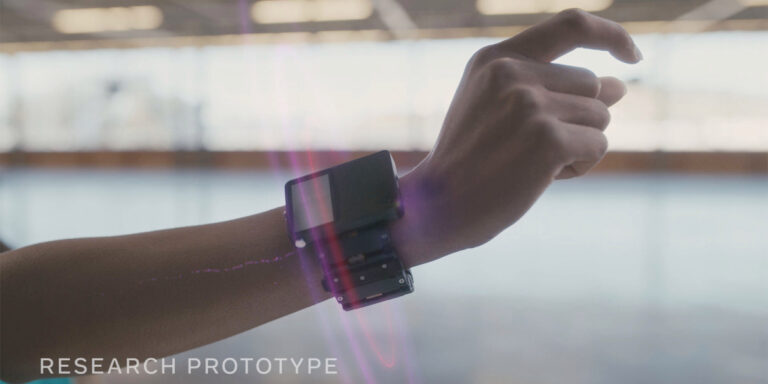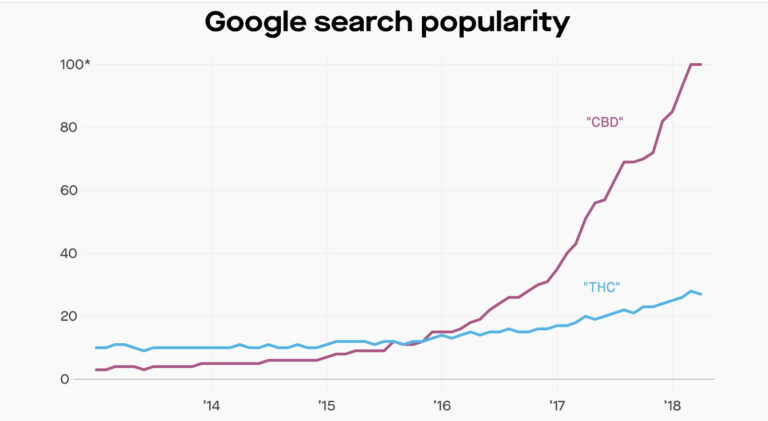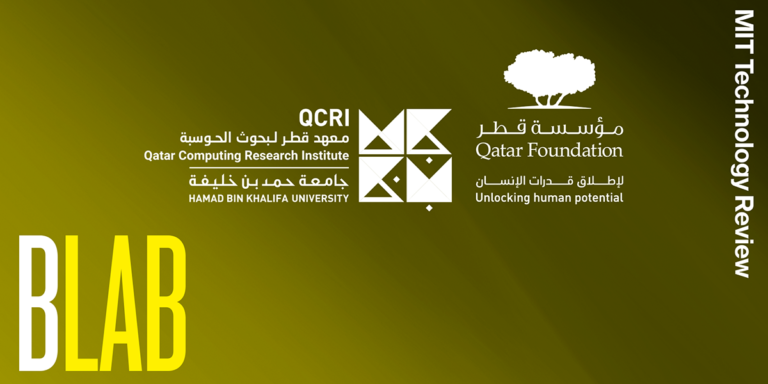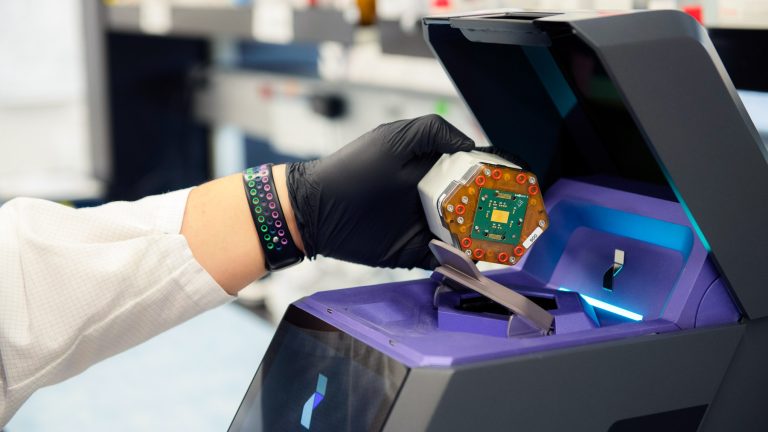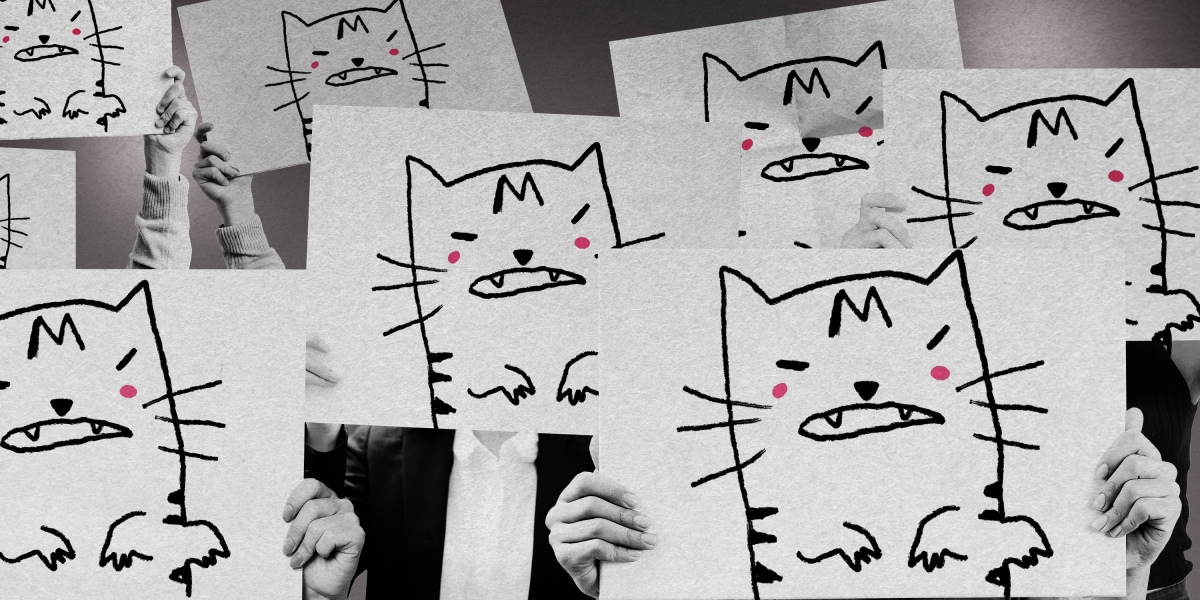
As protests against rigid covid control measures in China engulfed social media in the past week, one Twitter account has emerged as the central source of information: @李老师不是你老师 (“Teacher Li Is Not Your Teacher”).
People everywhere in China have sent protest footage and real-time updates to the account through private messages, and it has posted them, with the sender’s identity hidden, on their behalf.
The man behind the account, Li, is a Chinese painter based in Italy, who requested to be identified only by his last name in light of the security risks. He’s been tirelessly posting footage around the clock to help people within China get information, and also to inform the wider world.
The work has been taking its toll—he’s received death threats, and police have visited his family back in China. But it also comes with a sense of liberation, Li told Zeyi Yang, our China reporter. Read the full story.
Biotech labs are using AI inspired by DALL-E to invent new drugs
The news: Text-to-image AI models like OpenAI’s DALL-E 2—programs trained to generate pictures of almost anything you ask for—have sent ripples through the creative industries. Now, two biotech labs are using this type of generative AI, known as a diffusion model, to conjure up designs for new types of protein never seen in nature.
Why it matters: Proteins are the fundamental building blocks of living systems. These protein generators can be directed to produce designs for proteins with specific properties, such as shape or size or function. In effect, this makes it possible to come up with new proteins to do particular jobs on demand. Researchers hope that this will eventually lead to the development of new and more effective drugs. Read the full story.

